Should you feed houseplants in winter? Experts reveal it may cause more harm than good
Skip the plant food to give your houseplants the best chance of survival this winter
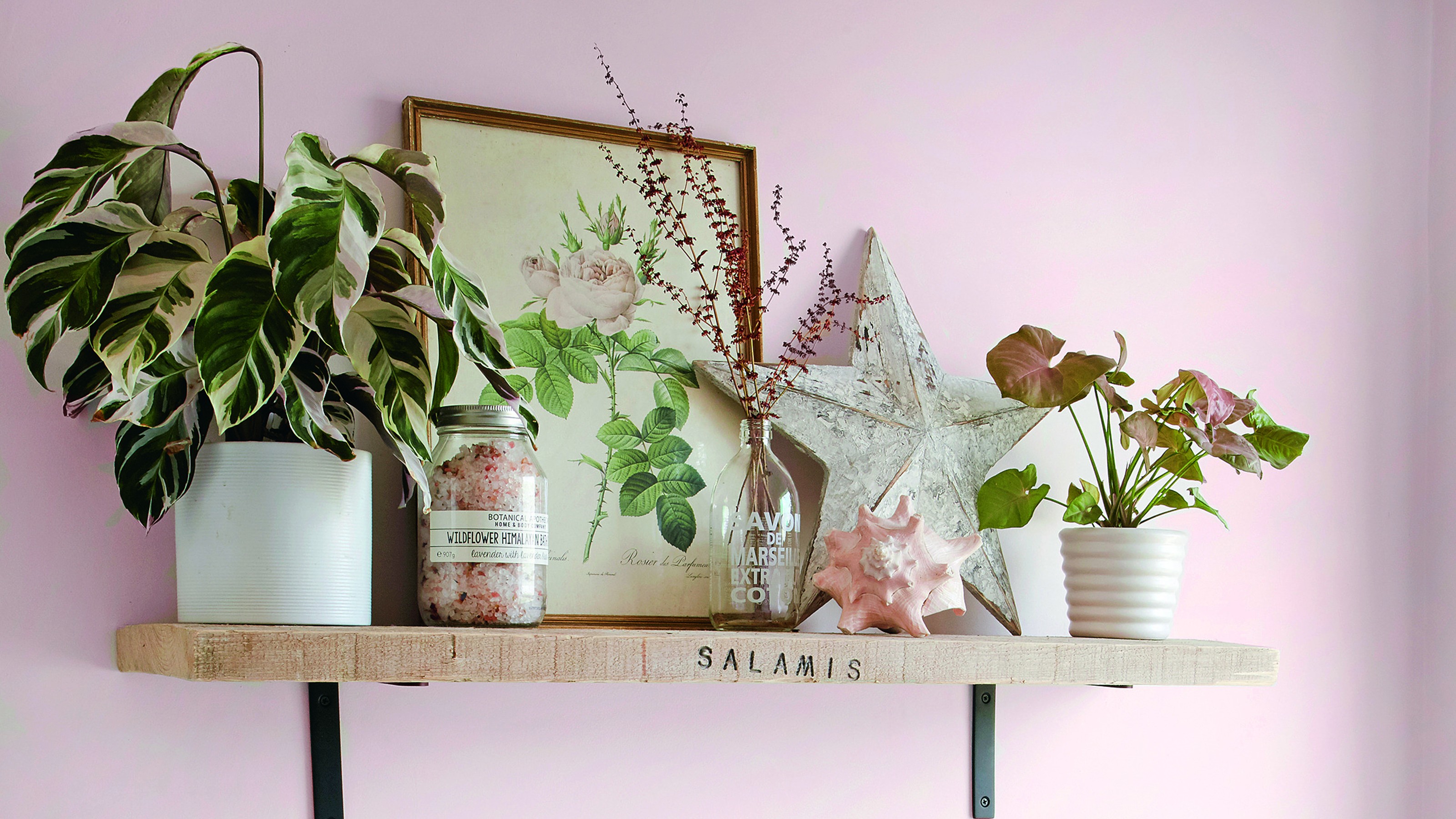

Knowing whether you should feed houseplants in winter is a little confusing; feeding them seems like it would be the right thing to do, after all, it seems logical to give them an extra boost during the colder months.
Caring for houseplants in winter is important work, and knowing whether or not to feed them is a big part of this. However, it turns out that feeding your houseplants in winter can, in fact, do more harm than good.
We spoke to the experts, who have confirmed that it's better to put the plant food aside for now, if you want to give your indoor plants the best chances of survival. They've also shared their top tips for what we should (and shouldn't) be doing to our plants this winter.
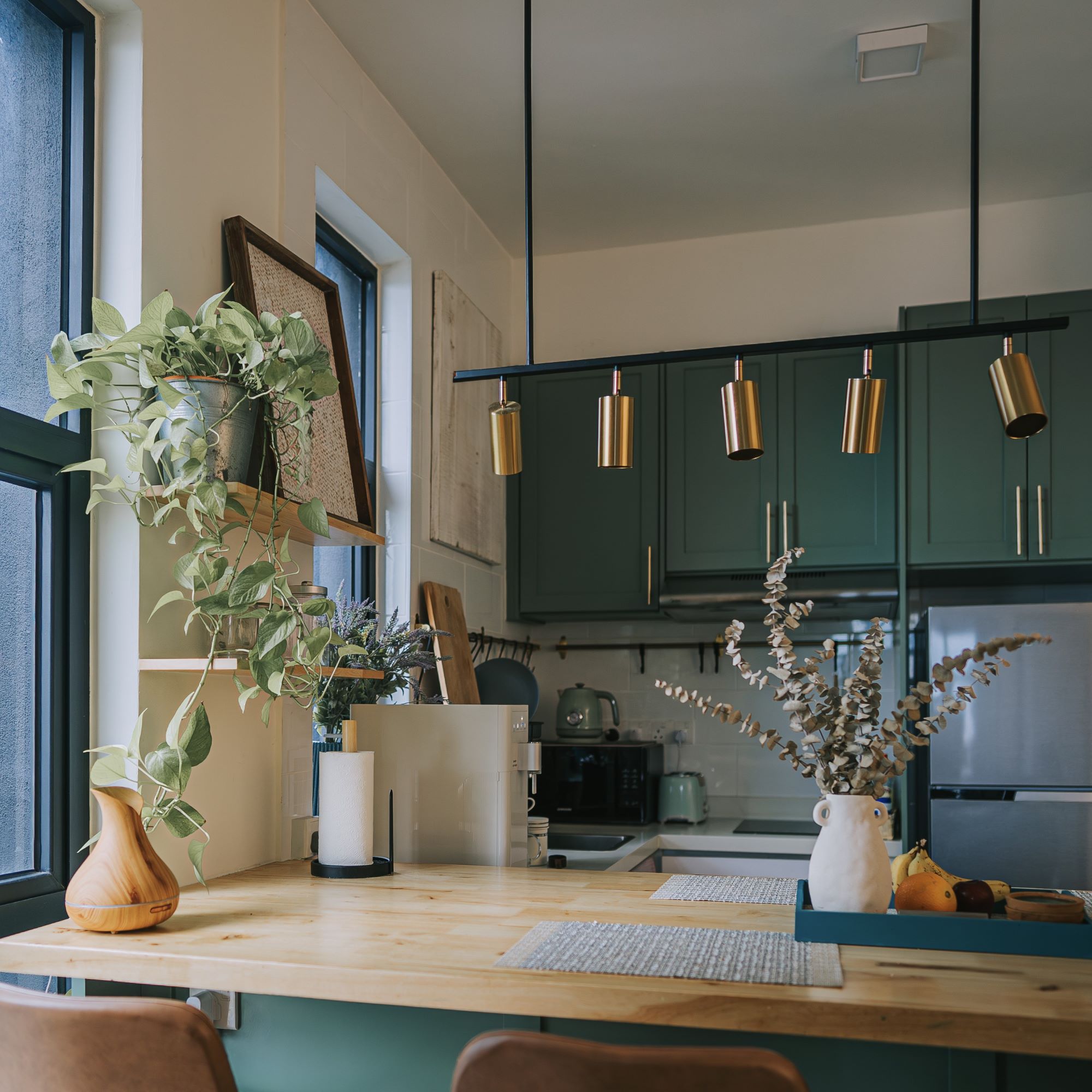
Should you feed houseplants in winter?
Plant pros have confirmed that you shouldn't feed houseplants in winter, because the colder months are a period of dormancy in which the plants need to conserve energy.
Expert gardener Ellen-Mary Webster explains that in winter, houseplants reduce their rate of growth due to the drop in temperature and reduced sunlight. She adds: 'And since they reduce their rate of growth, they don’t need so many nutrients and the roots may not absorb the feed, resulting in a build-up of salts in the soil. This is damaging to the plant and can negatively impact growth.'
If you want to avoid these winter houseplant problems, the best help you can give is to allow your houseplants to go dormant over winter, by not feeding them. 'Nature's pace in winter slows down and that’s the same for indoor plants as well,' Ellen says. 'Taking a slower pace during winter is nature's way of re-energising and recuperating after a busy year. So, it's best to keep the plant food in the cupboard over winter.'
How to keep houseplants healthy in winter
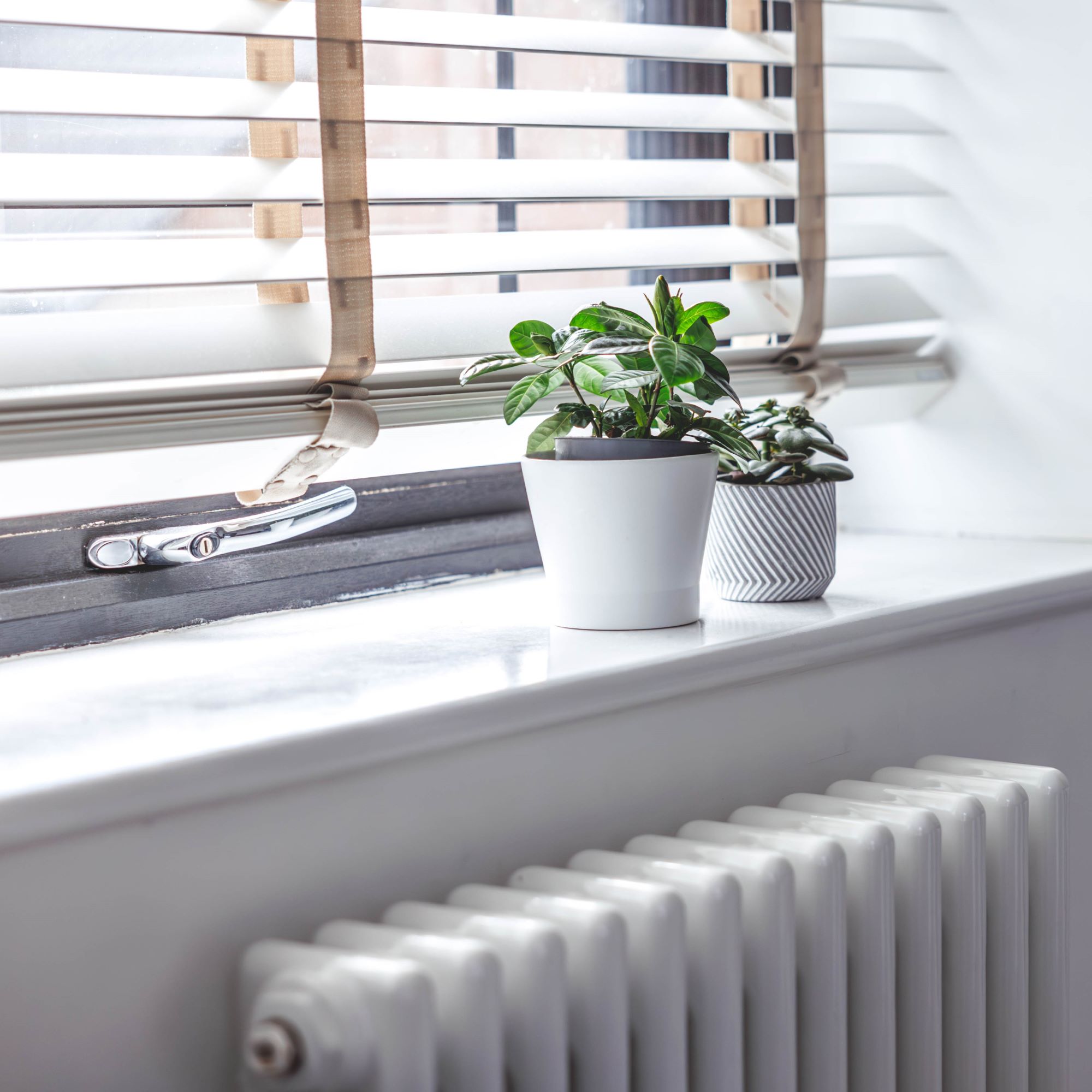
While you should avoid feeding houseplants in winter, there are some things you can do to help them survive the colder months.
Get the Ideal Home Newsletter
Sign up to our newsletter for style and decor inspiration, house makeovers, project advice and more.
'Give your houseplants the best light you can,' advises Andy Little, plant buyer at British Garden Centres. 'Put them near a window or under a skylight so they have some light in the darker days. And keep them in a spot where the temperature stays between 12-18 degrees Celsius, though away from radiators.'
Andy also recommends wiping the leaves clean to remove dust, as this allows the plants to absorb more sunlight. Do this carefully with a soft, moist cloth.
It's also key not to give your houseplants too much water during the colder months. 'During the winter, most houseplants enter a dormant phase and need much less water,' Josh Novell, plant expert at Polhill Garden Centre explains. 'Overwatering can lead to rot or weak growth, so make sure you are only watering once every fortnight for most plants. Plants like succulents may only need water every two to three weeks, and cacti can go without water entirely.'
While you should avoid overwatering, you can mist your plants in winter to increase humidity levels.
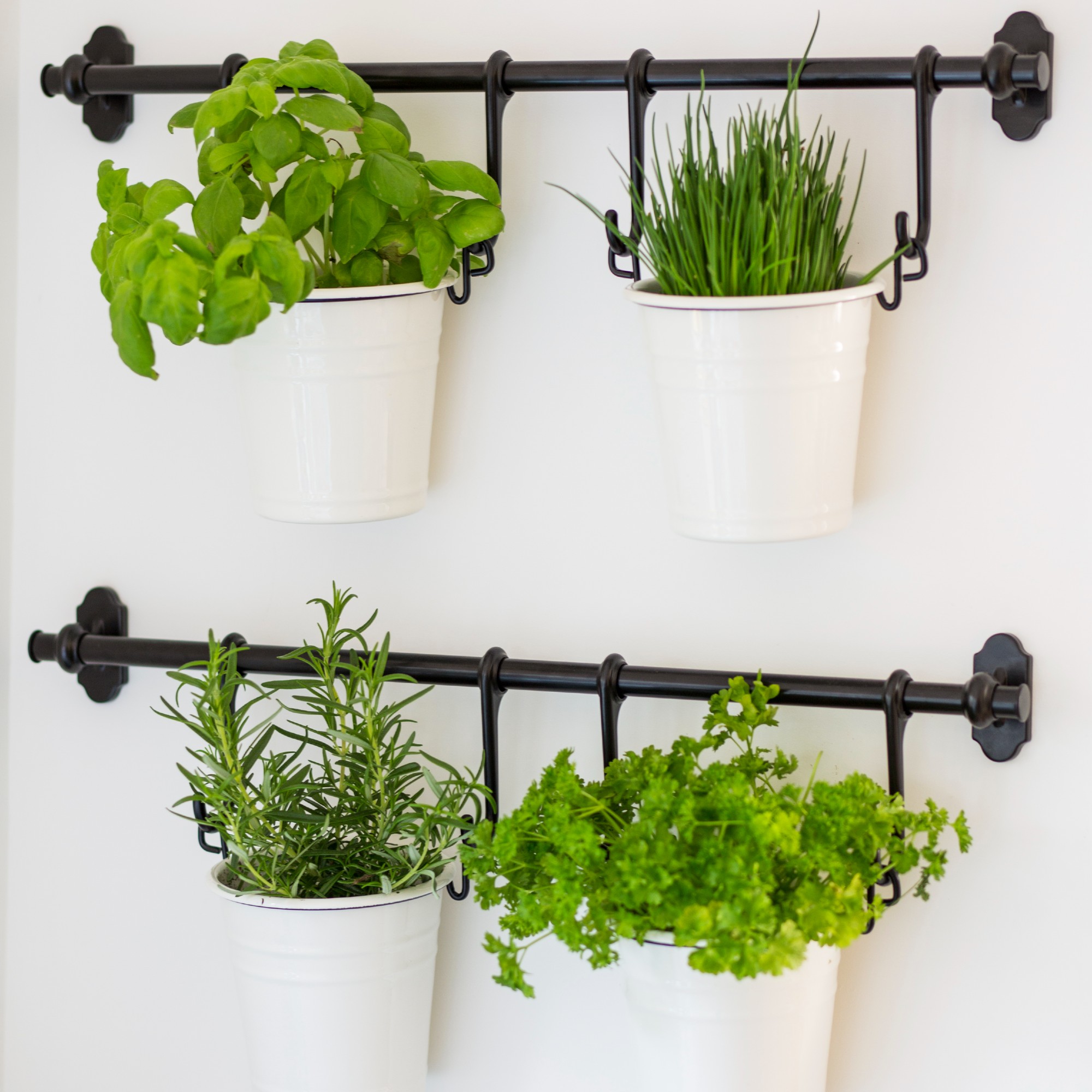
Houseplant winter essentials
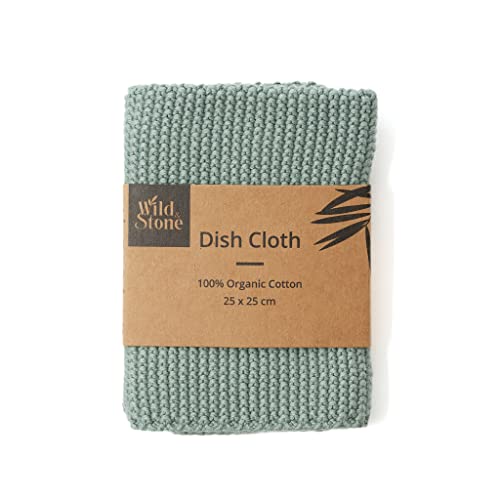
It's really important that your plants' leaves are kept clean and free of dust in winter, when they're struggling to absorb sunlight as it is. This organic cotton cloth is really gentle, so wouldn't cause damage to delicate plant leaves. Add a little bit of water when wiping your plants to boost humidity levels.
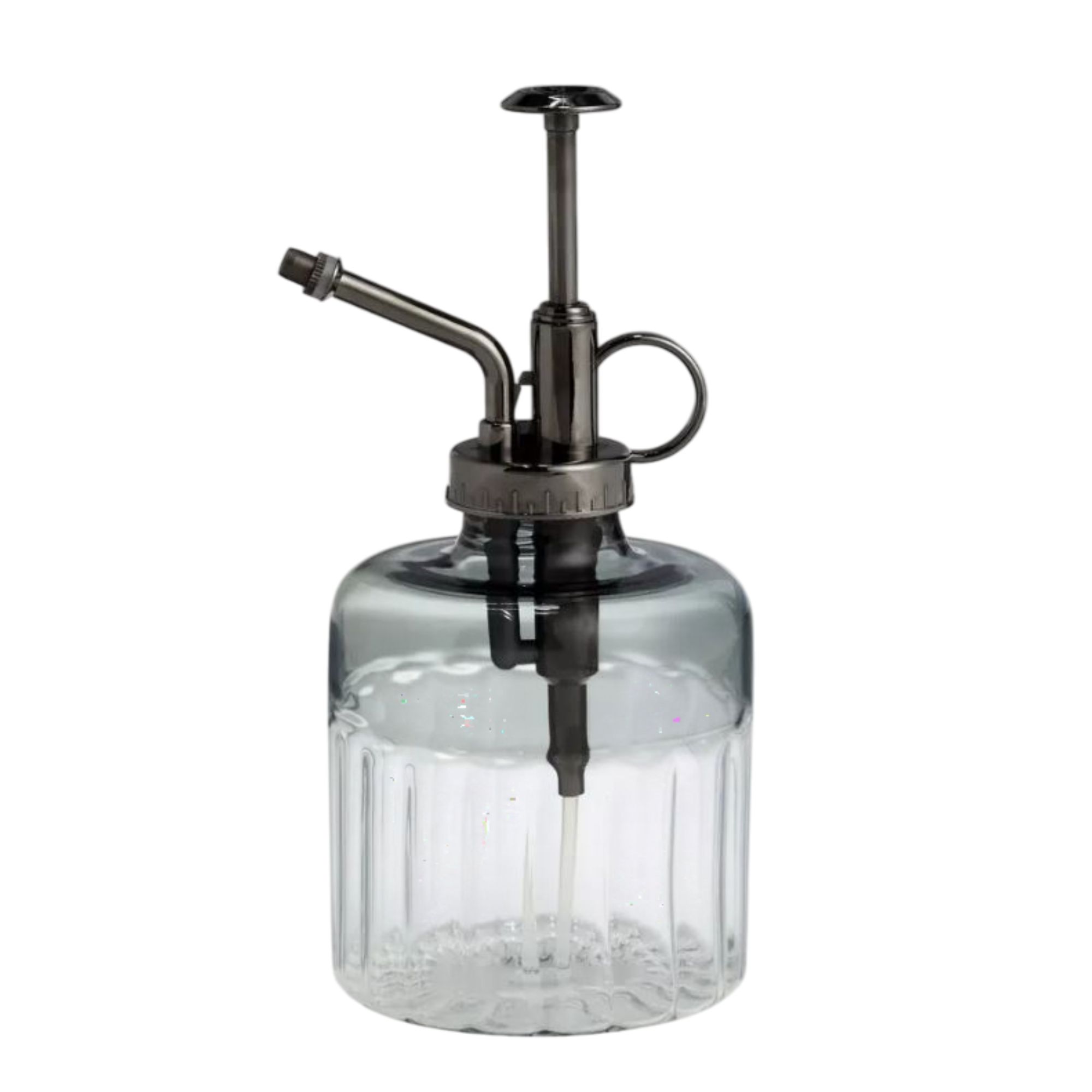
Sure, you can get plant misters at a cheaper price than this one, but if you want to add a nice accessory to your kitchen shelf (while helping your plant survive this winter), this quaint mister bottle would be our top recommendation.
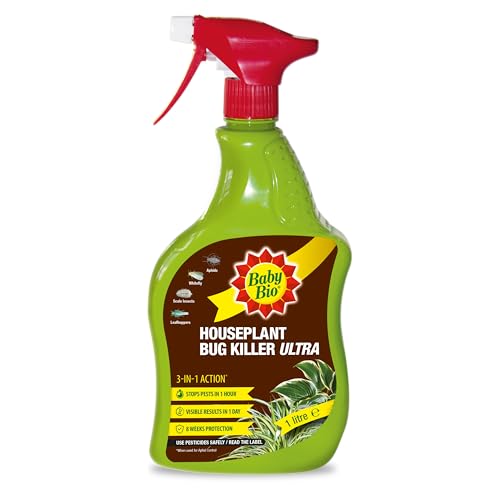
Pests can be a problem for indoor plants in winter, as warm homes provide the perfect environment for them to breed. Spritz this Baby Bio Bug Killer over your plants to keep little insects at bay (even if you can't see them, they could still be there). The spray is formulated to be gentle on plants.
FAQs
What months should I feed my indoor plants?
The experts say that it's best to feed your indoor plants during the growing season, which runs from March to September in the UK.
'This is when plants are actively growing and need extra nutrients to thrive,' Josh from Polhill Garden Centre says. 'Most indoor plants benefit from regular feeding every two weeks during the growing season as this helps provide the nutrients they need for healthy leaves, strong roots, and better resistance to pests and diseases.'
For the best winter plants for pots, feed these from late autumn through winter, 'as as this is when they form buds and bloom,' Josh explains. 'These stages use up the most energy, so extra care during this time can make a big difference.'

Katie has been writing freelance since early 2022, specialising in all things homes and gardens, following achieving a Masters in Media and Journalism. She started out writing e-commerce content for several of Future’s interior titles, including Real Homes, Gardeningetc, Livingetc, and Homes and Gardens. Since then she’s been a regular contributor on Ideal Home’s digital team, covering news topics, how-to guides, and product reviews.
-
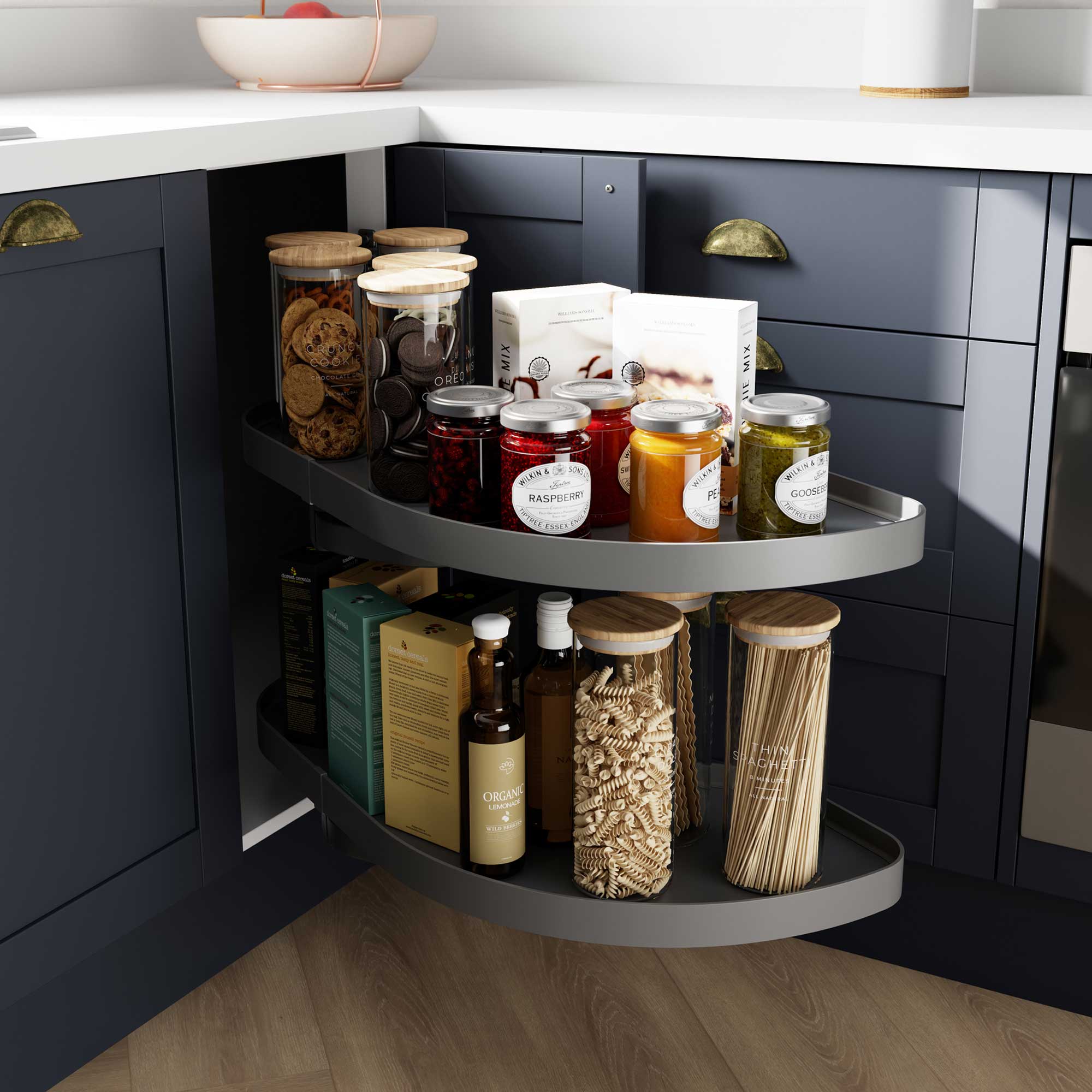 5 rules for organised corner cabinets in a small kitchen – expert-backed strategies will help keep corner cabinets tidy and functional
5 rules for organised corner cabinets in a small kitchen – expert-backed strategies will help keep corner cabinets tidy and functionalNever lose anything to the back of the cupboard again
By Linda Clayton
-
 Wisteria umbrellas are this spring's breakout garden trend – not only are they perfect for small spaces, but they're easier to maintain, too
Wisteria umbrellas are this spring's breakout garden trend – not only are they perfect for small spaces, but they're easier to maintain, tooI spoke to the National Trust to find out why
By Sophie King
-
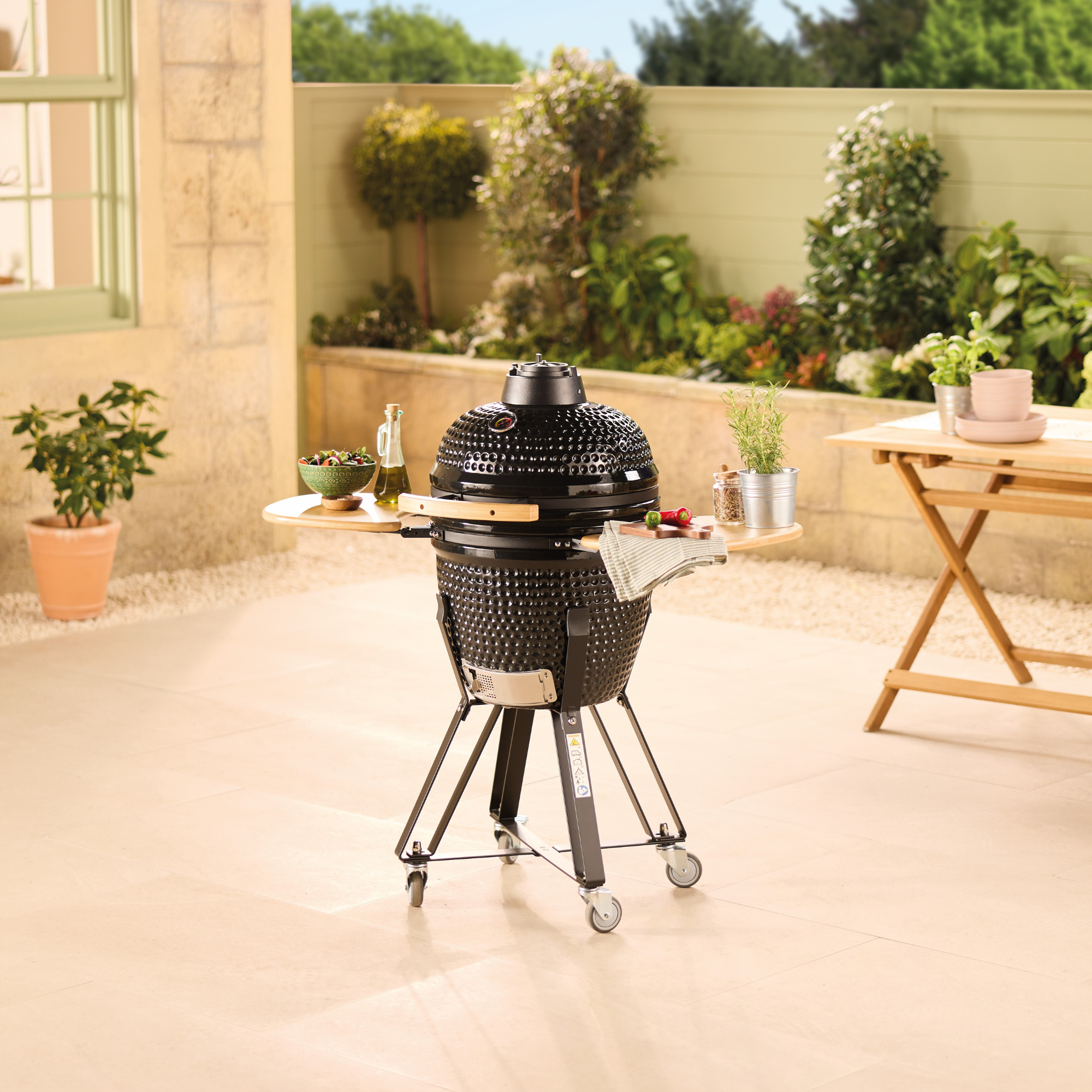 Aldi’s cult Kamado BBQ is returning to stores and it's £100 cheaper than last time
Aldi’s cult Kamado BBQ is returning to stores and it's £100 cheaper than last timeThis budget BBQ is only a fraction of the price of this celebrity favourite
By Kezia Reynolds
-
 Aldi’s cult Kamado BBQ is returning to stores and it's £100 cheaper than last time
Aldi’s cult Kamado BBQ is returning to stores and it's £100 cheaper than last timeThis budget BBQ is only a fraction of the price of this celebrity favourite
By Kezia Reynolds
-
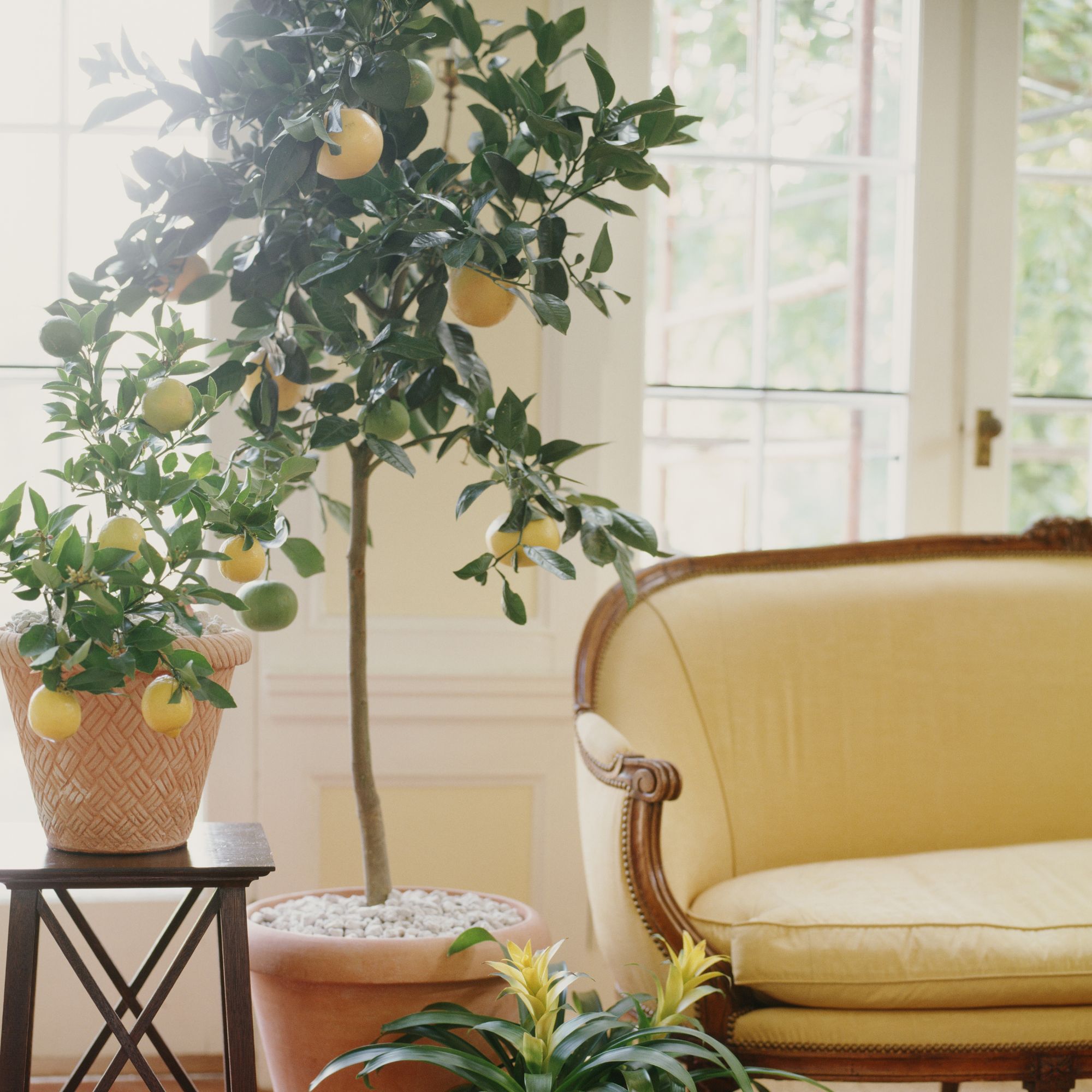 Shoppers can’t get enough of The Range’s lemon tree, but I’ve found an even cheaper bestseller at B&Q - it’s perfect for a Mediterranean look
Shoppers can’t get enough of The Range’s lemon tree, but I’ve found an even cheaper bestseller at B&Q - it’s perfect for a Mediterranean lookWelcome the summer with this glorious fruit tree
By Kezia Reynolds
-
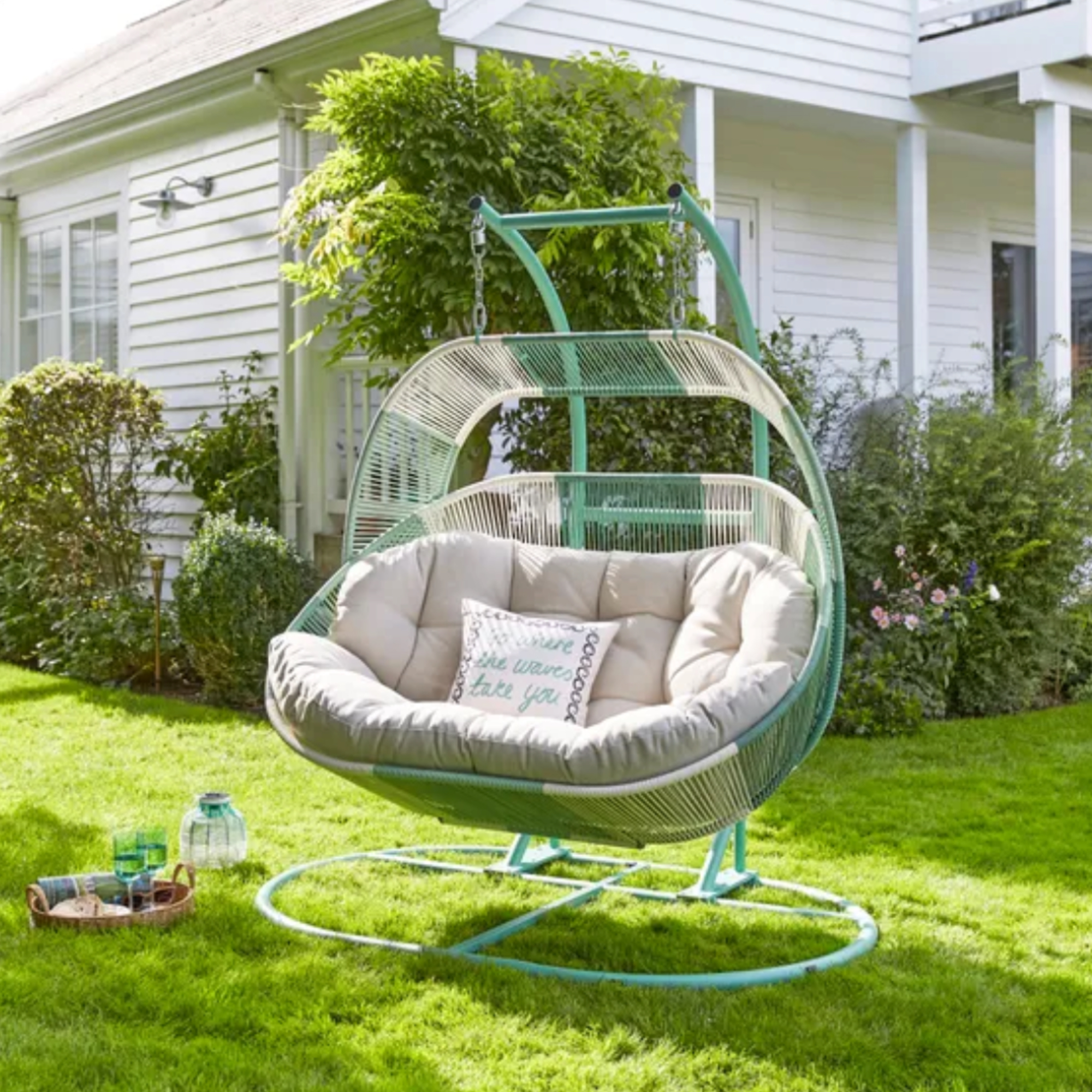 I'm a stylist with an eye for expensive-looking high street finds – these 6 garden furniture pieces at Dunelm are on my radar
I'm a stylist with an eye for expensive-looking high street finds – these 6 garden furniture pieces at Dunelm are on my radarThese pieces all look more than their price tag
By Laurie Davidson
-
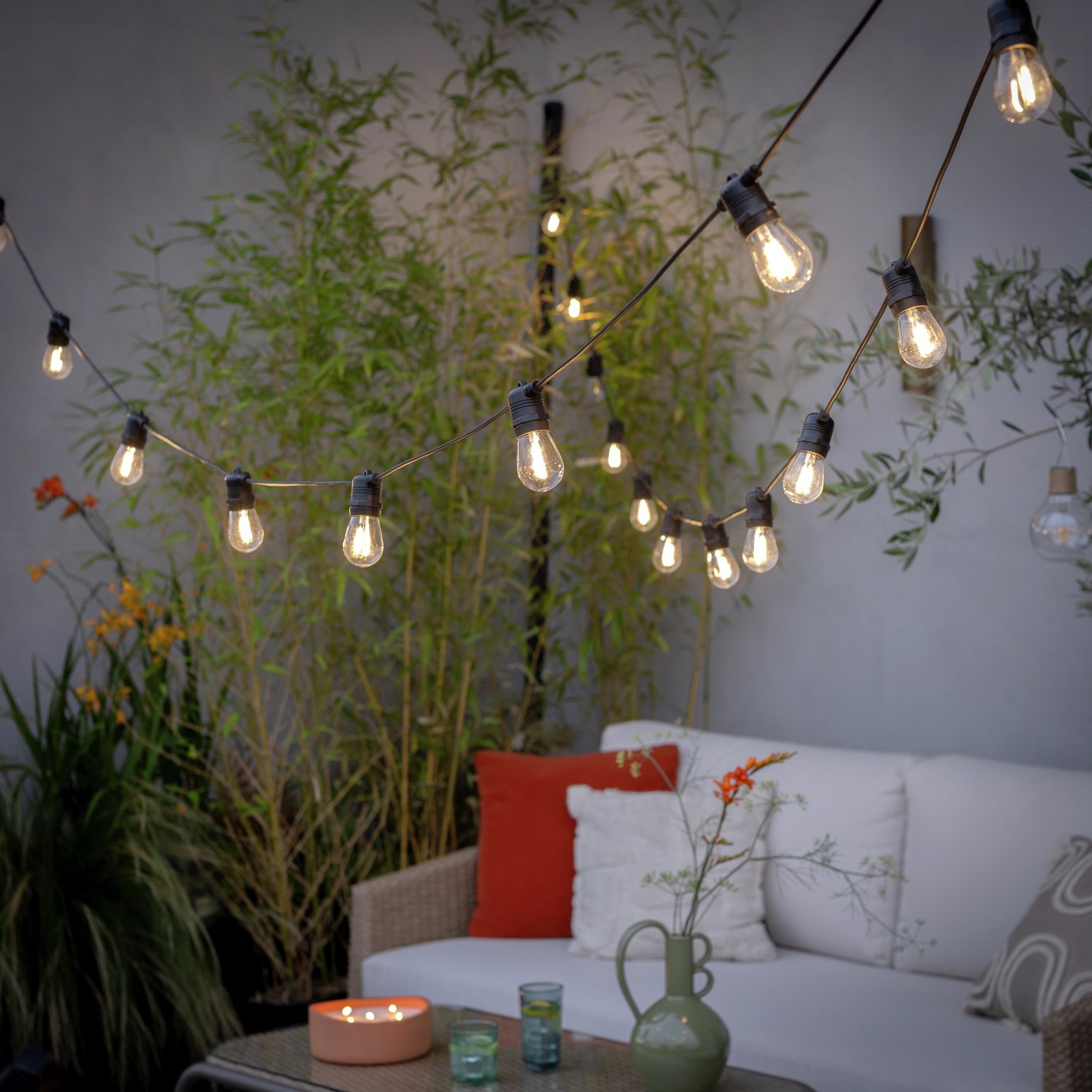 The 6 outdoor lights from Habitat that I'm choosing between to make my outdoor space look more expensive this summer
The 6 outdoor lights from Habitat that I'm choosing between to make my outdoor space look more expensive this summerI couldn’t believe some of the prices
By Ellis Cochrane
-
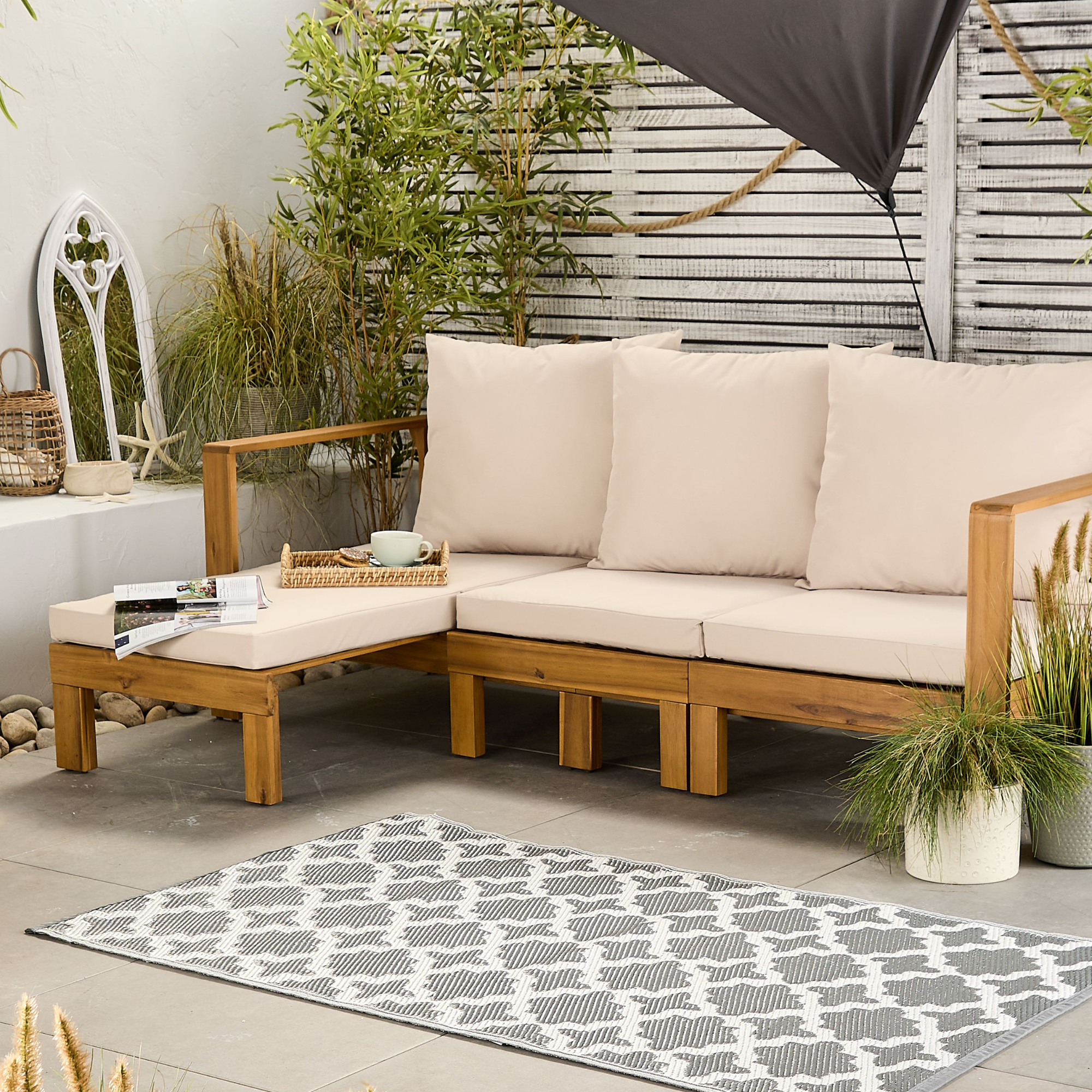 Aldi is launching a £200 day bed with four different features - its sleek design is suited to the whole family
Aldi is launching a £200 day bed with four different features - its sleek design is suited to the whole familyYou don't want to miss out on this Specialbuy
By Kezia Reynolds
-
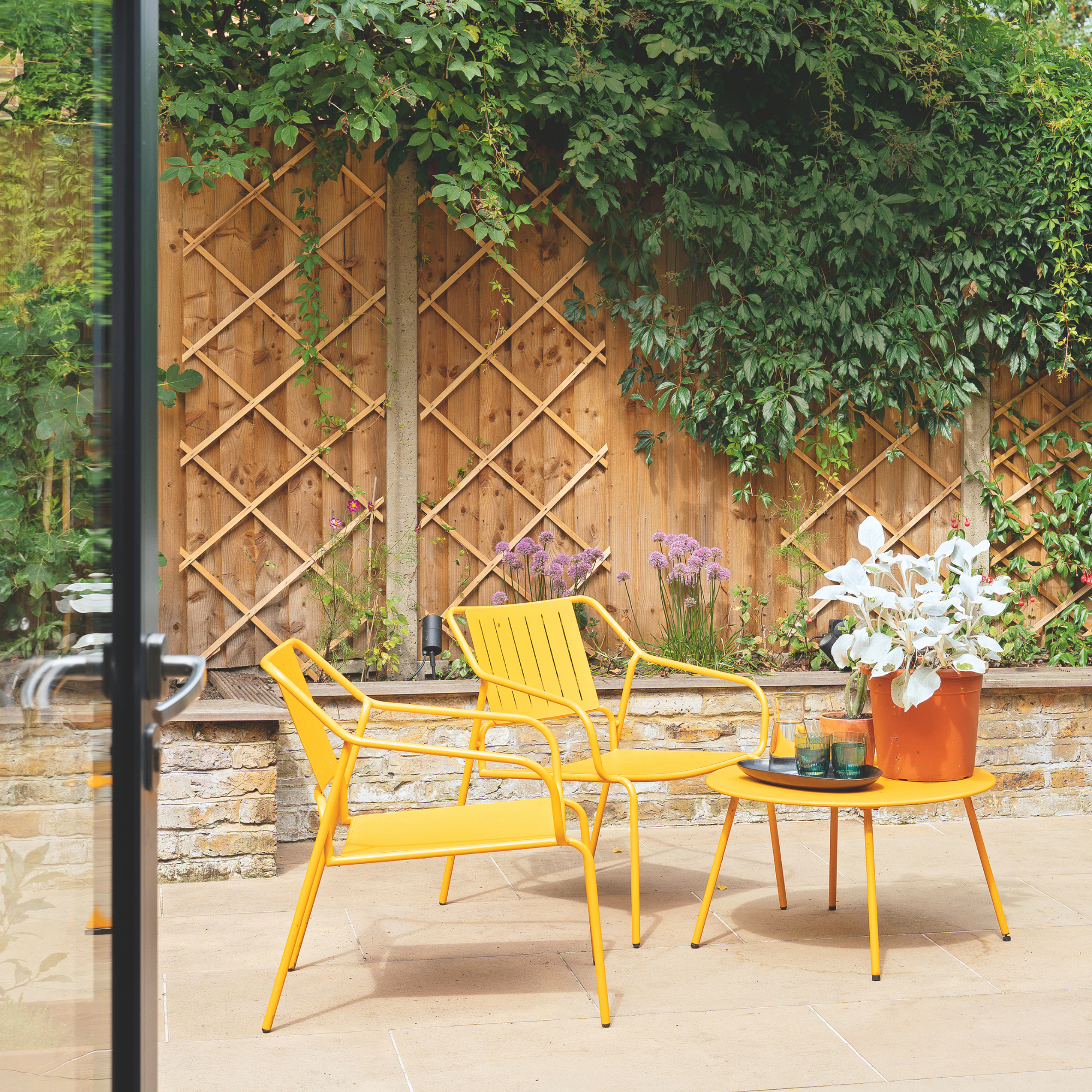 I’m seeing pastel garden furniture at all my favourite brands this spring, but QVC’s sorbet collection impressed me the most
I’m seeing pastel garden furniture at all my favourite brands this spring, but QVC’s sorbet collection impressed me the mostFresh pastel shades are a great way to liven up your outdoor space
By Kezia Reynolds
-
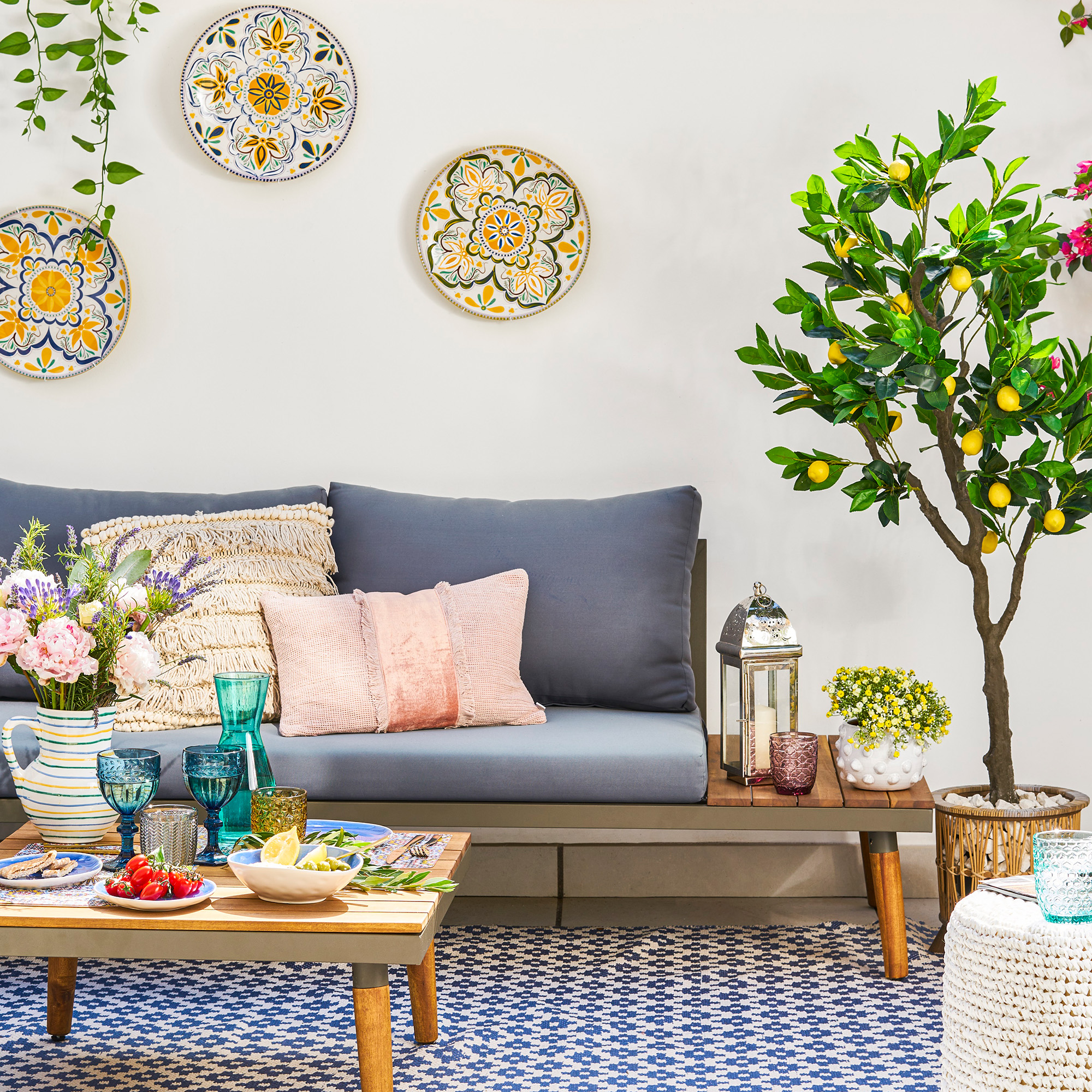 I spent the afternoon looking through Wayfair's garden sale – these are the 6 pieces I'm buying immediately for summer
I spent the afternoon looking through Wayfair's garden sale – these are the 6 pieces I'm buying immediately for summerThese are my must-have garden buys from the sale
By Holly Reaney
-
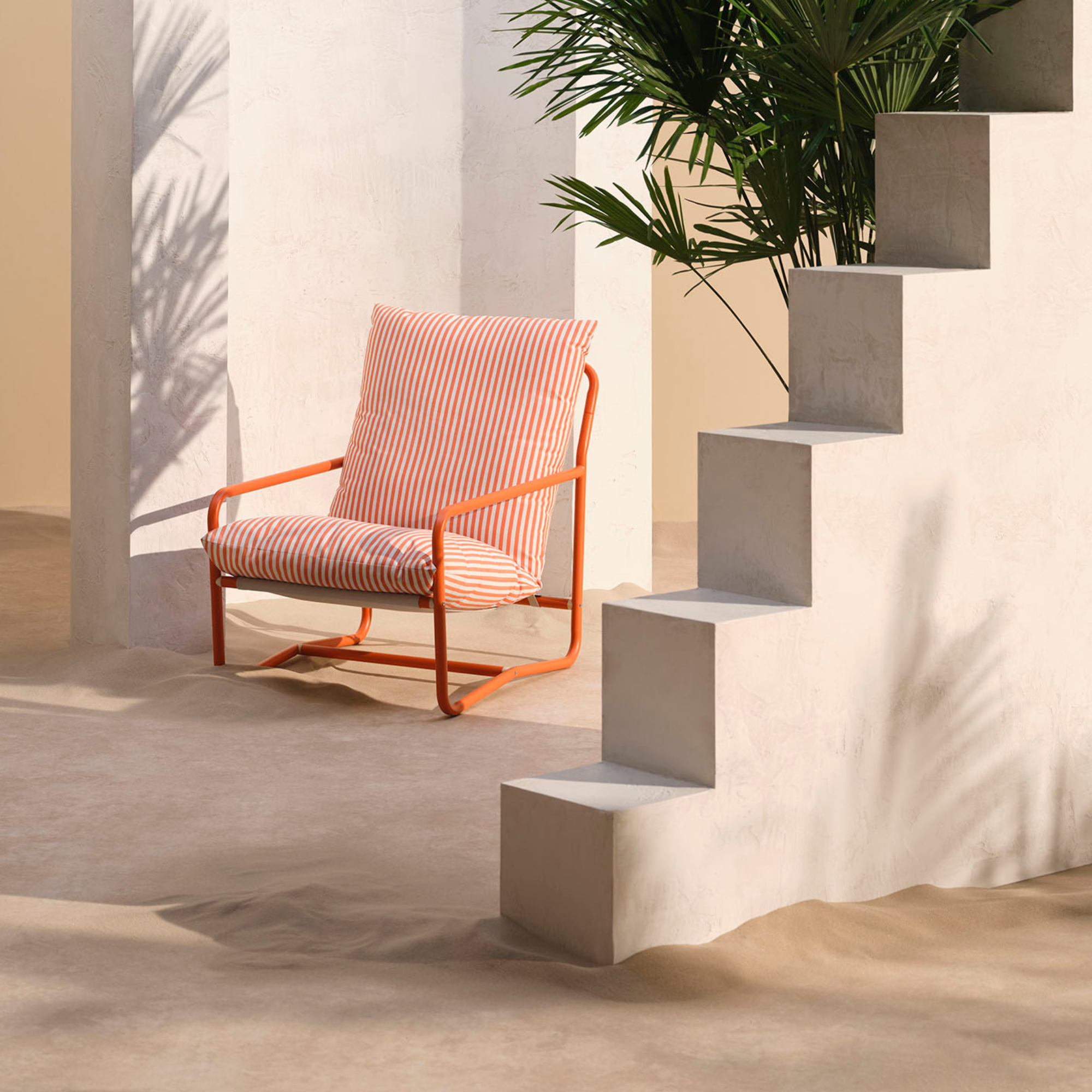 I’ve found the perfect alternative to John Lewis’ sold-out striped garden chair – and you won’t believe where it's from
I’ve found the perfect alternative to John Lewis’ sold-out striped garden chair – and you won’t believe where it's fromJohn Lewis' Sling Garden Chair is one of the most stylish pieces of garden furniture I'd seen – until I tracked down this QVC lounge chair...
By Kezia Reynolds